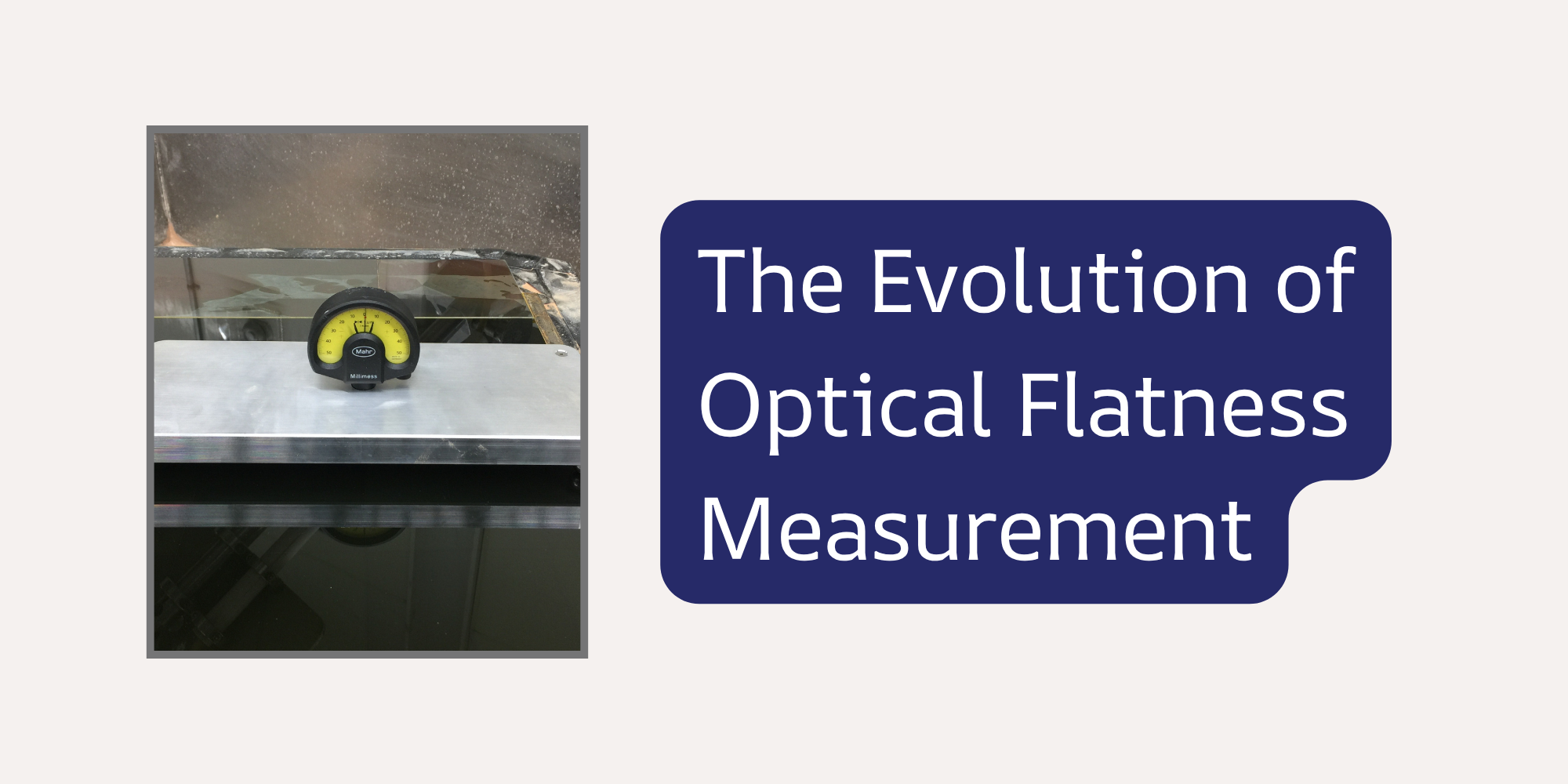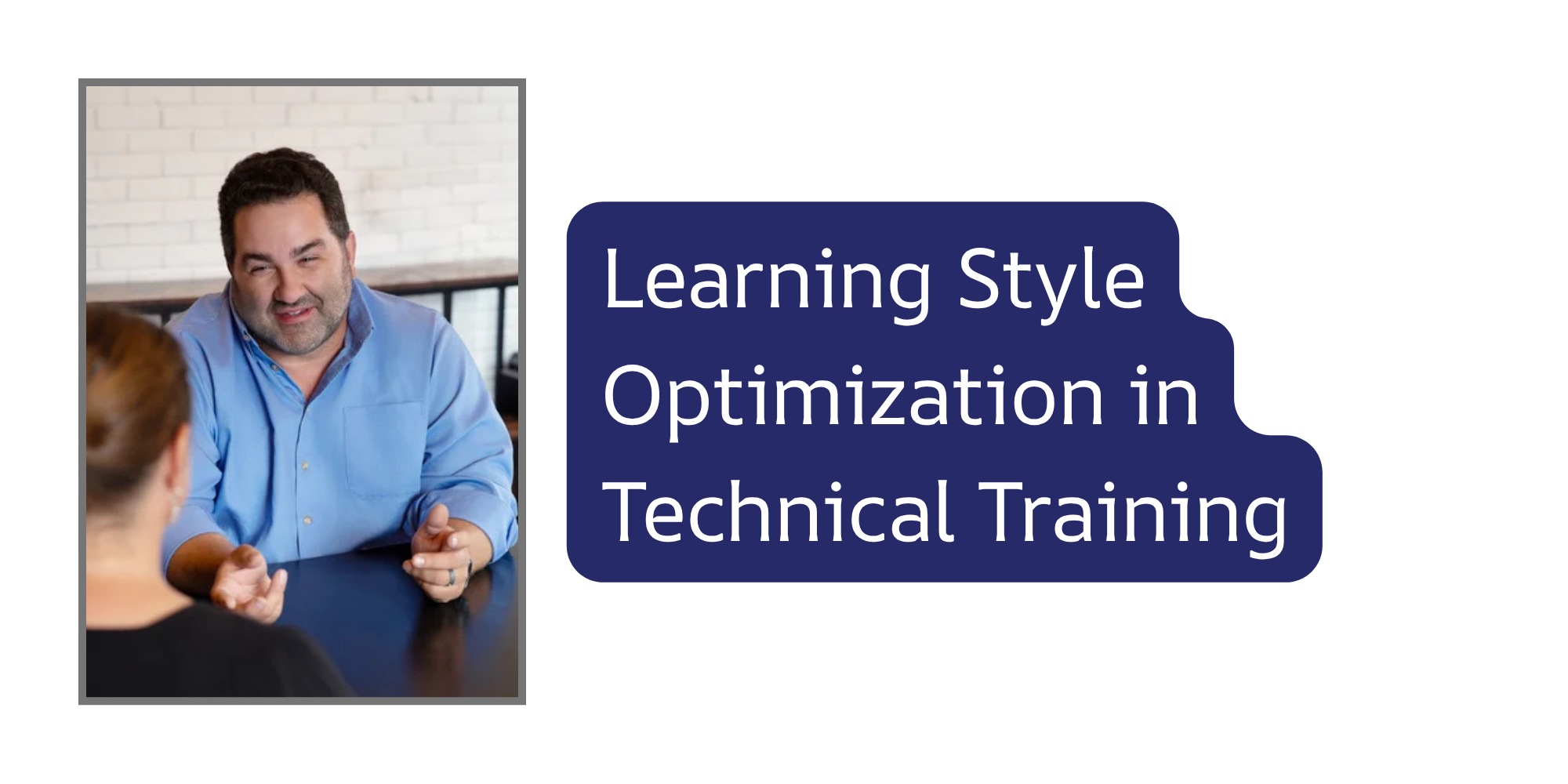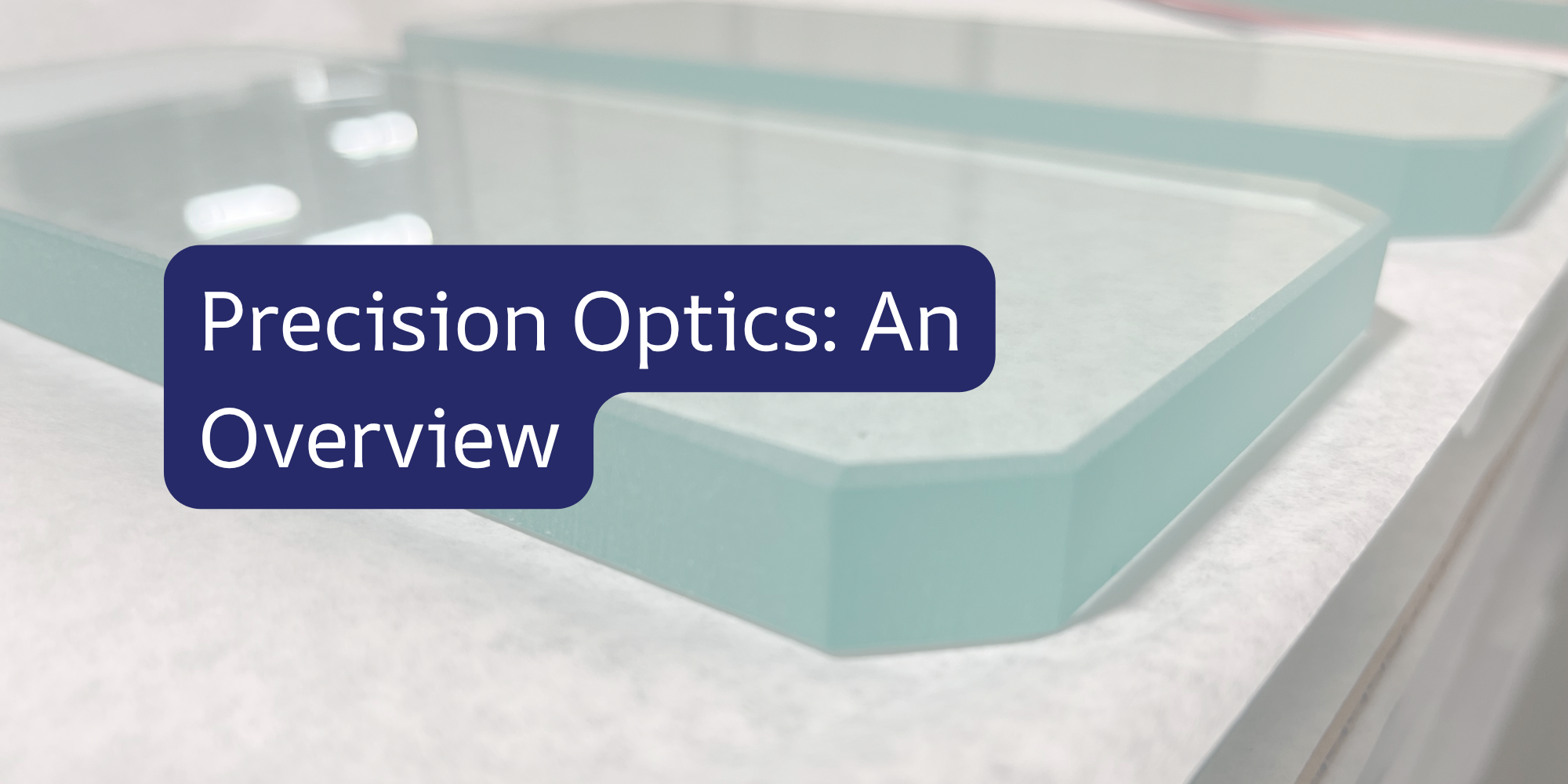In precision optics, confidence isn’t just helpful, it’s essential. Technical skill alone isn’t enough if hesitation prevents critical procedures from being performed. Self-efficacy in the lab can quietly determine whether a workflow moves forward or stalls.
We’ve seen it firsthand: a technician avoids a procedure for years out of fear, or gives up when something goes wrong. Often, it’s not a lack of ability—it’s a lack of confidence.
The Confidence Factor: Overcoming Technical Hesitation
Fear of damaging costly components can cause even experienced technicians to hesitate or avoid key procedures entirely. But this avoidance carries its own risks: delays, gaps in coverage, and long-term skill stagnation.
Building confidence means recognizing the cost of avoidance and reframing those high-stakes moments as opportunities to grow capability, not avoid risk.
Creating a Safe Environment for Learning
No one wants to break the laser. But that fear must be acknowledged and managed, not used as a reason to stand back.
Creating a learning-friendly environment might include:
- Shadowing experienced users
- Practice sessions with spare equipment
- Step-by-step checklists for repeatability
- Simulations for error recovery
When leadership signals that it’s okay to try and okay to get it wrong. Technicians feel empowered to step in and learn.
When Things Go Wrong
Technical confidence is often forged in failure. A misalignment or system hiccup isn’t the end of the road. It’s just a part of the process.
Learning how to regroup, troubleshoot, and continue builds resilience. That ability to “stay in it” under pressure is what separates a nervous beginner from a dependable operator.
Skills That Transfer
Once someone gains confidence with one machine, they’re far more likely to try another. Learning to align an interferometer often leads to trying the laser, then the metrology station. Confidence compounds.
That’s why investing in skill-building pays off across the entire lab.
Overcoming “We’ve Never Done This Before”
New procedures can freeze a team: “We’ve never done this” quickly becomes “We’re not going to try.” This is where a little structured encouragement goes a long way. Yes, it’s okay to be nervous. But as one tech said after finally conditioning a system: “I just needed someone to say it’s fine to be scared and do it anyway.”
Confidence doesn’t mean never being afraid. It means knowing how to act despite fear because the team, the process, and the tools are in place to back you up.





